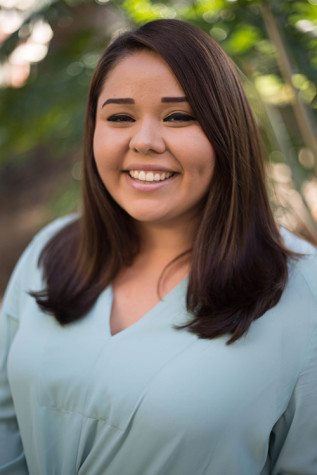Puerto Rico, the U.S. territory, has voted to change its long-time relationship with the U.S., in hopes of becoming the 51st state.
“It’s the fourth time in 45 years that Puerto Rico has voted on changing its national status,” according to The Washington Post. “It’s currently a territory with U.S. currency and passports.”
Puerto Rican had to choose between the different options for its new status. Statehood won 61 percent of the vote, “Sovereign free association” which would ultimately allow the island more autonomy received 33 percent, and votes for independence were estimated at five percent.
Currently Puerto Rico governs itself, but its foreign policy is mandated by Washington D.C. Puerto Ricans are able to serve in the military, but are not allowed to vote in U.S. presidential elections.
According to The Washington Post, becoming a state would allow the island to receive more opportunities. For one, the state would receive an extra $20 billion a year in federal funds. This is something the island would certainly benefit from, especially because unemployment is currently at 13 percent.
Here in the states, Puerto Rico would gain two seats in the U.S. Senate and five in the House of Representatives. Currently, a nonvoting delegate represents the territory.
“Puerto Rican residents currently don’t pay federal income taxes and companies doing business there don’t pay corporate taxes,” according to The Washington Post.
Not all Puerto Ricans are as eager to officially become their own state. According to The Washington Post, many have argued that becoming part of the U.S. will threaten the island’s language and culture. Several are afraid the United States will force the island to adopt English as its primary language.
This prompted a 2011 presidential task force to suggest, “Providing assurances that Puerto Rico will control its own cultural and linguistic identity would reduce concern over this possibility.”
Along with statehood, Puerto Rico’s political status is also in the hands of its new governor, Alejandro Garcia Padilla, who opposes statehood. Former Gov. Luis Fortuno, the pro- statehood candidate, lost to Padilla after a tight race.
The ultimate deciding factor would require a Congressional Seal of approval and the President’s approval as well. The Washington Post, reported the U.S. presidential election was of no concern to Puerto Ricans. Both presidential candidates, President Barack Obama and Mitt Romney, agreed to respect Puerto Rican’s statehood decision.
A new flag representing the U.S. has also been in the works. If Puerto Rico does gain statehood, the flag would need one more star added to represent the 51 states.











